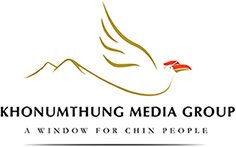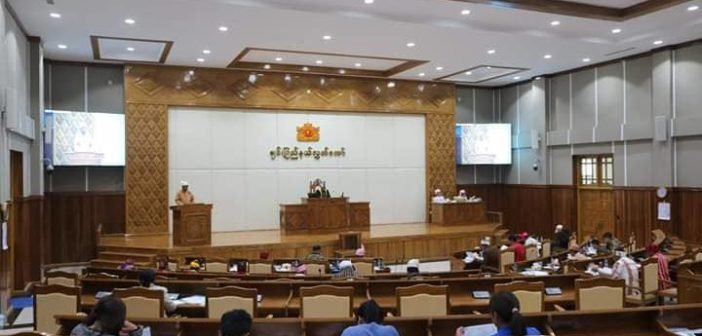Some parliamentarians said the 2020-21 budget for Chin State was unfairly allocated among the townships.
Aung Than, a parliamentarian for Mindat township and the former deputy speaker for Chin State Parliament, told Khonumthung News that Hakha and Falam townships got more than any of the other townships.
“The parliamentary speaker and transportation minister are in Hakha and so they won’t criticize the budget allocation,” he said, while pointing out the chief prime minister and Rerl Nin, another parliamentarian, are from Falam.
Ngai Sak, the joint chairperson of the Chin National League for Democracy, said every year the townships where the chief prime minister and ministers reside will always get a larger share of the budget than the other areas.
“Budget allocation between different townships should be fair, and I think the underdeveloped townships should be getting more. The government needs to pay more attention to this and prioritize these townships. When we look at the budget allocation, the township where the chief prime minister resides gets more funds and I think this is unfair,” Ngai Sak told Khonumthung News.
Hakha township received a larger share of the 2020-21 budget than for Kanpetlet, Tongzan and Paletwa townships combined.
Soe Htet, who is the Chin State spokesperson, explained that as the capital of Chin State and with many public works that are under construction Hakha requires a larger share of the budget. “Hakha’s budget is mostly for construction. For example, we have to build a university, a sports stadium, roads and government buildings.”
The budget allocation for the 2020-2021 financial year was: Hakha, 31 billion kyat (est. US$22M); Falam, 20.75 billion kyat (est. US$15M); Matupi, 20.08 billion kyat (est. US$14M); Tedim, 14.9 billion kyat (est. US$10.9M); Mindat, 13 billion kyat (est. US$9M); Thangtlang, 12.5 billion kyat (est. US$8.9M); Paletwa, 12.3 billion kyat (est. US$8.3M); Tongzan, 9.5 billion kyat (est. US$6.8M); and Kanpetlet, 9 billion kyat (est. US$6.4M).


